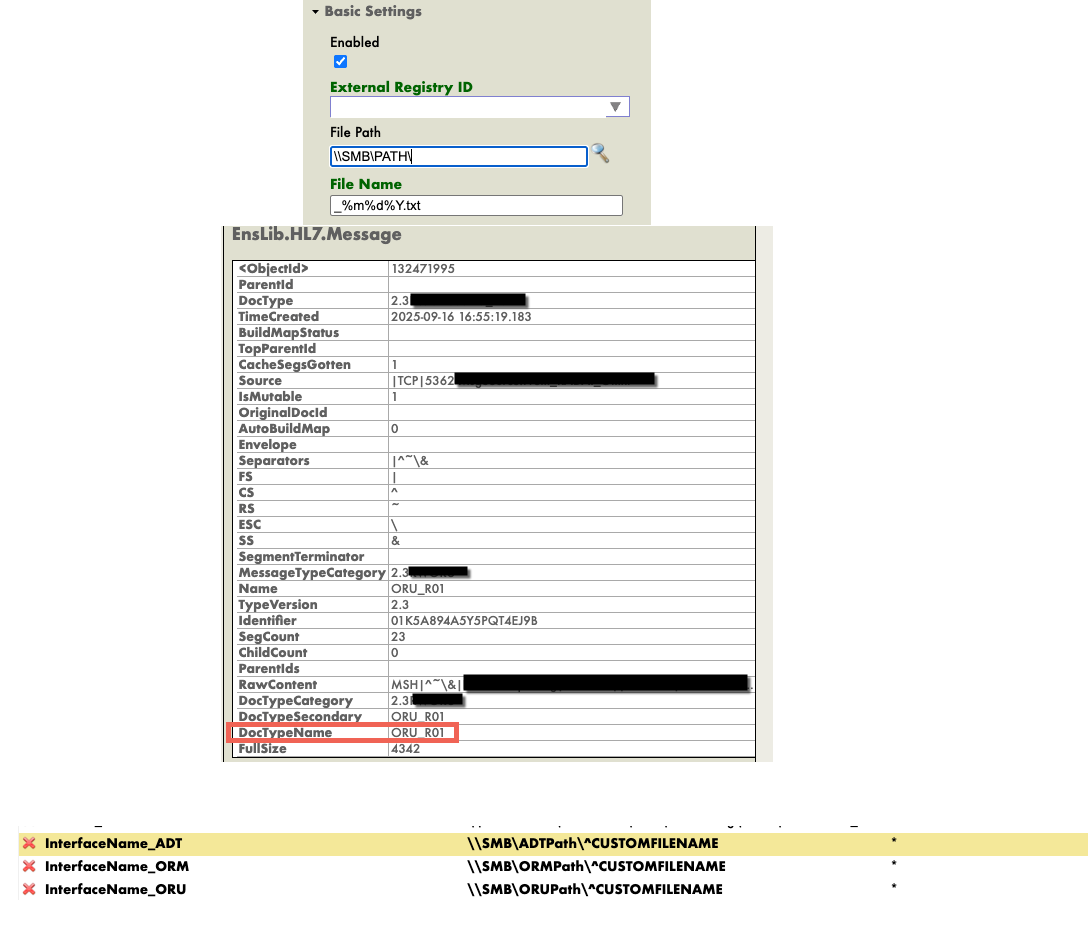Hey Community,
We're excited to invite you to the next InterSystems UKI Tech Talk webinar:
👉AI Vector Search Technology in InterSystems IRIS
⏱ Date & Time: Thursday, September 25, 2025 10:30-11:30 UK
Speakers:
👨🏫 @Saurav Gupta, Data Platform Team Leader, InterSystems
👨🏫 @Ruby Howard, Sales Engineer, InterSystems

Traditional keyword search has limits — especially when users don't know the exact words to use. Enter vector search: a game-changing approach that captures semantic meaning, not just literal text. In this session, we’ll explore how InterSystems IRIS brings this powerful capability to life with native support for vector and embedding types.
You’ll see:
- How vector search enhances results by understanding context and intent
- Use cases like semantic document search and retrieval-augmented generation (RAG)
- A high-level walkthrough of how to implement vector search in IRIS, from storing embeddings to using similarity functions like VECTOR_DOT_PRODUCT
- Tips on getting started quickly — whether you're integrating with AI models or building smart data experiences
This session is ideal for developers, architects, and technical stakeholders curious about adding intelligent search to their apps.

.jpg)
